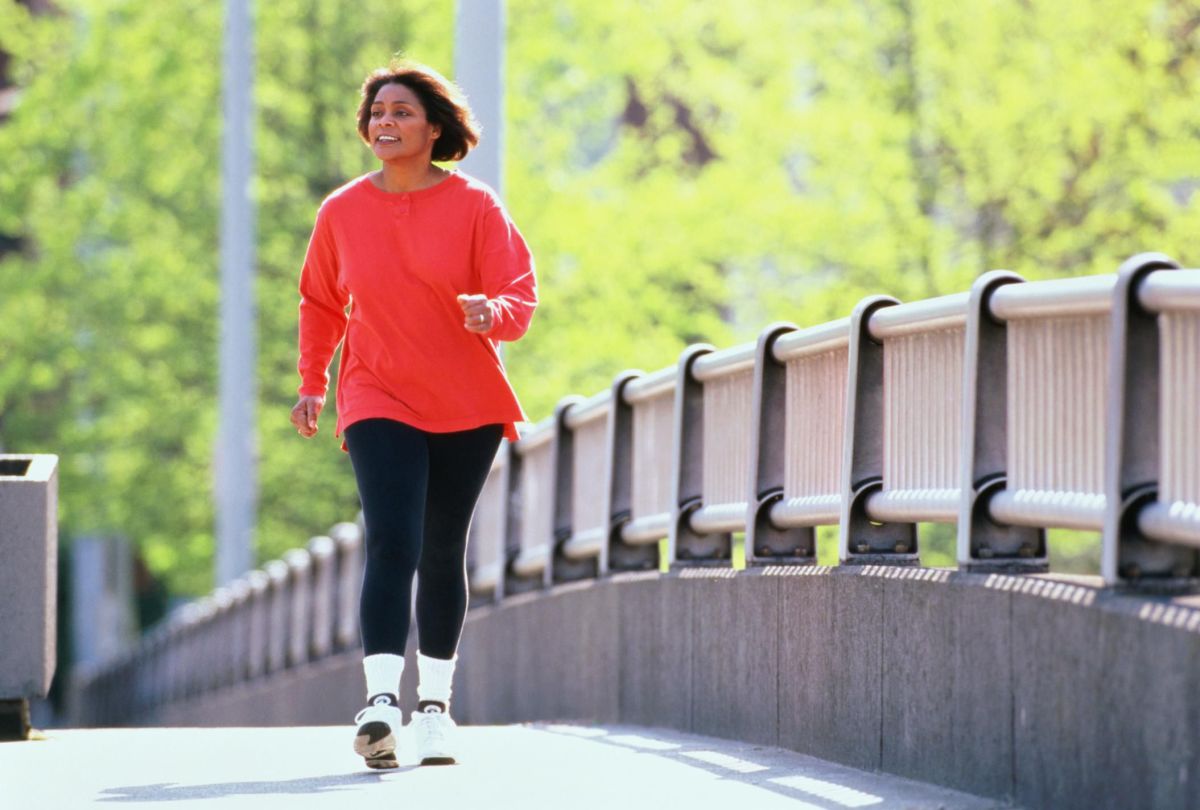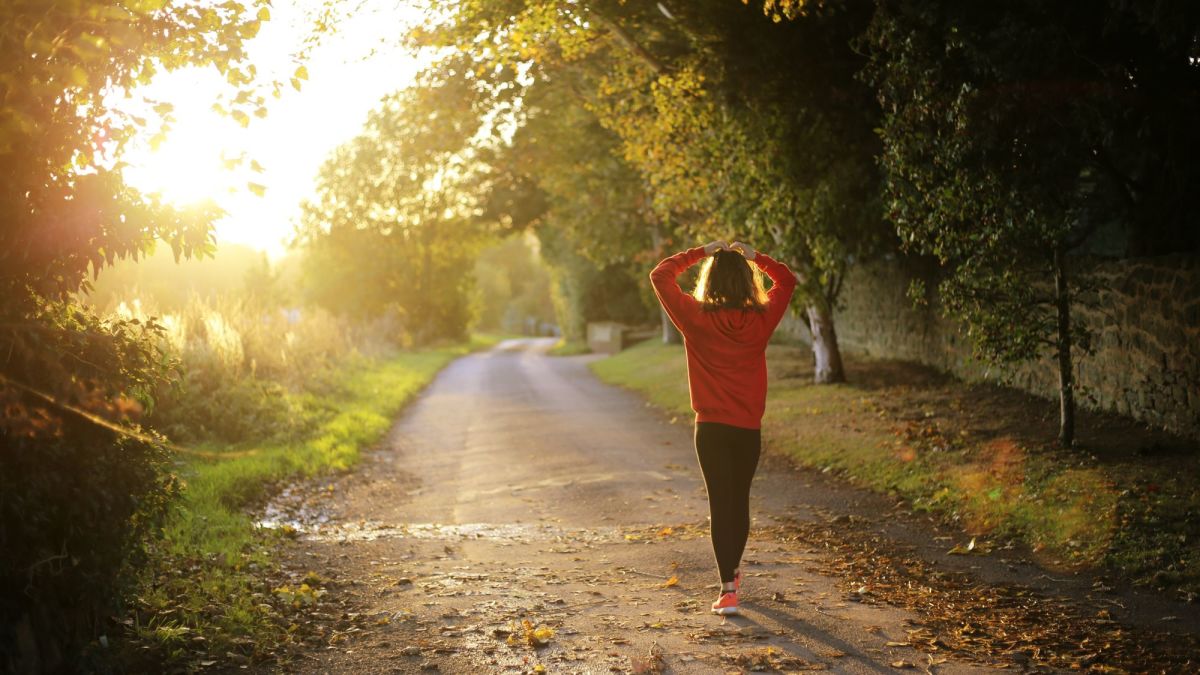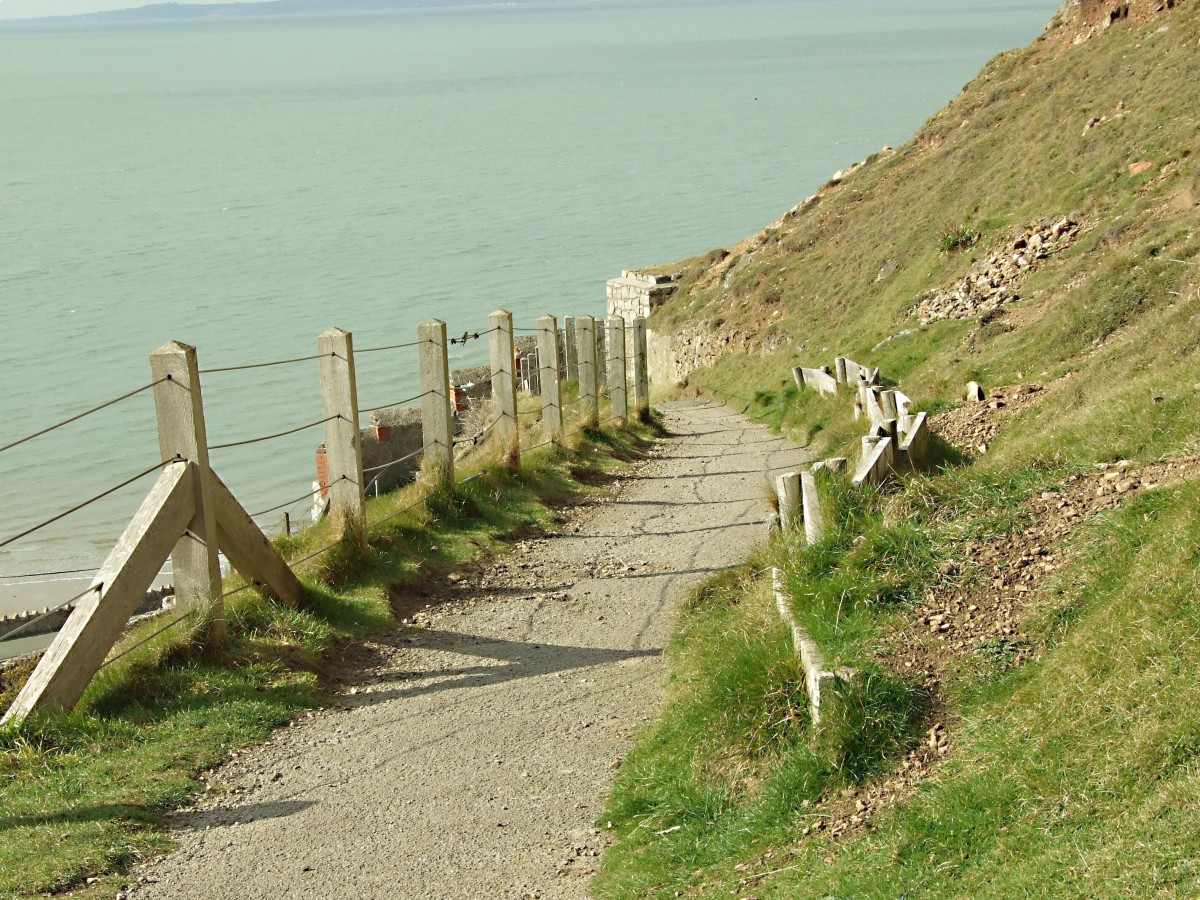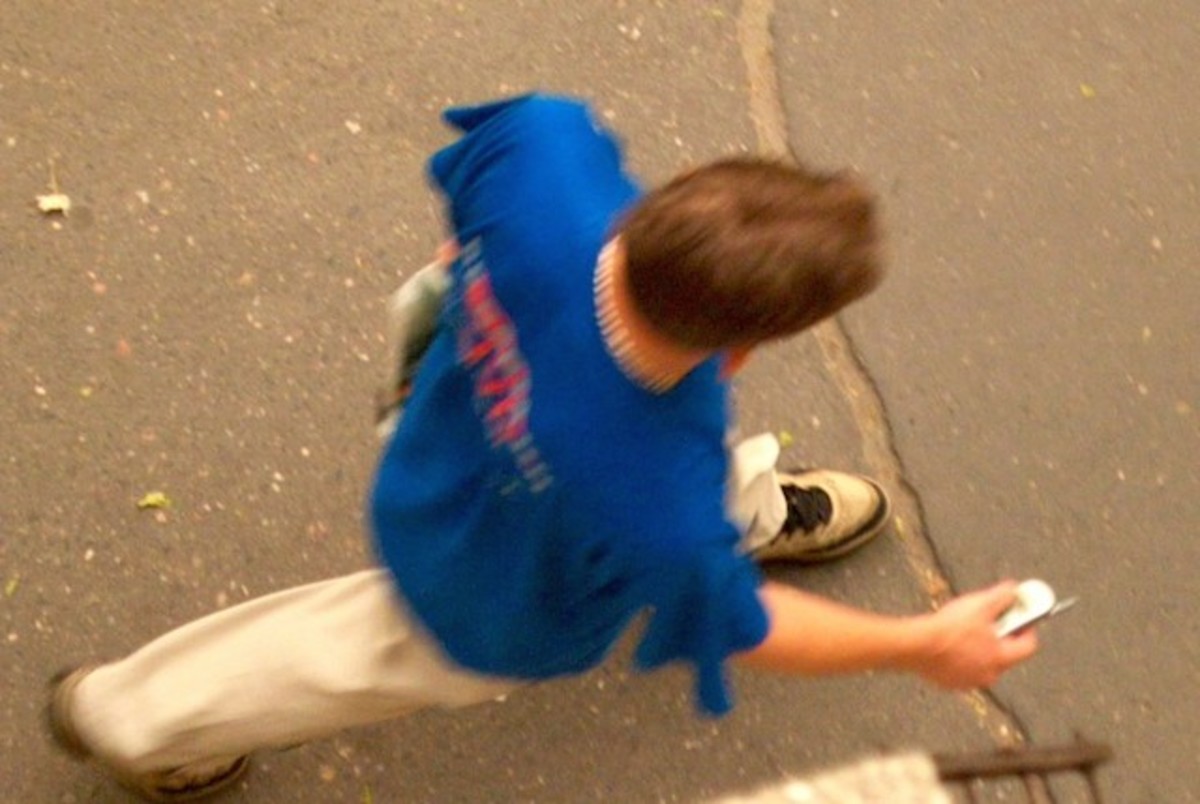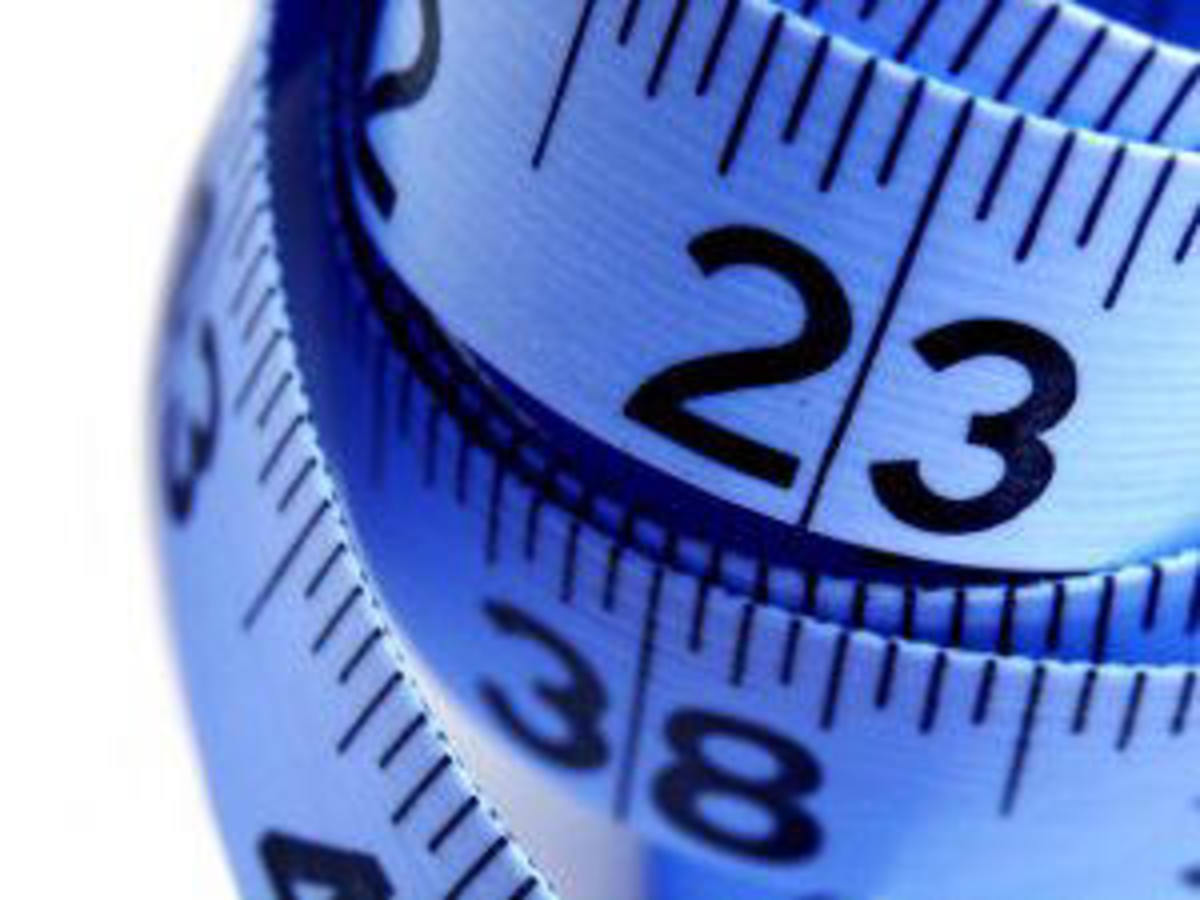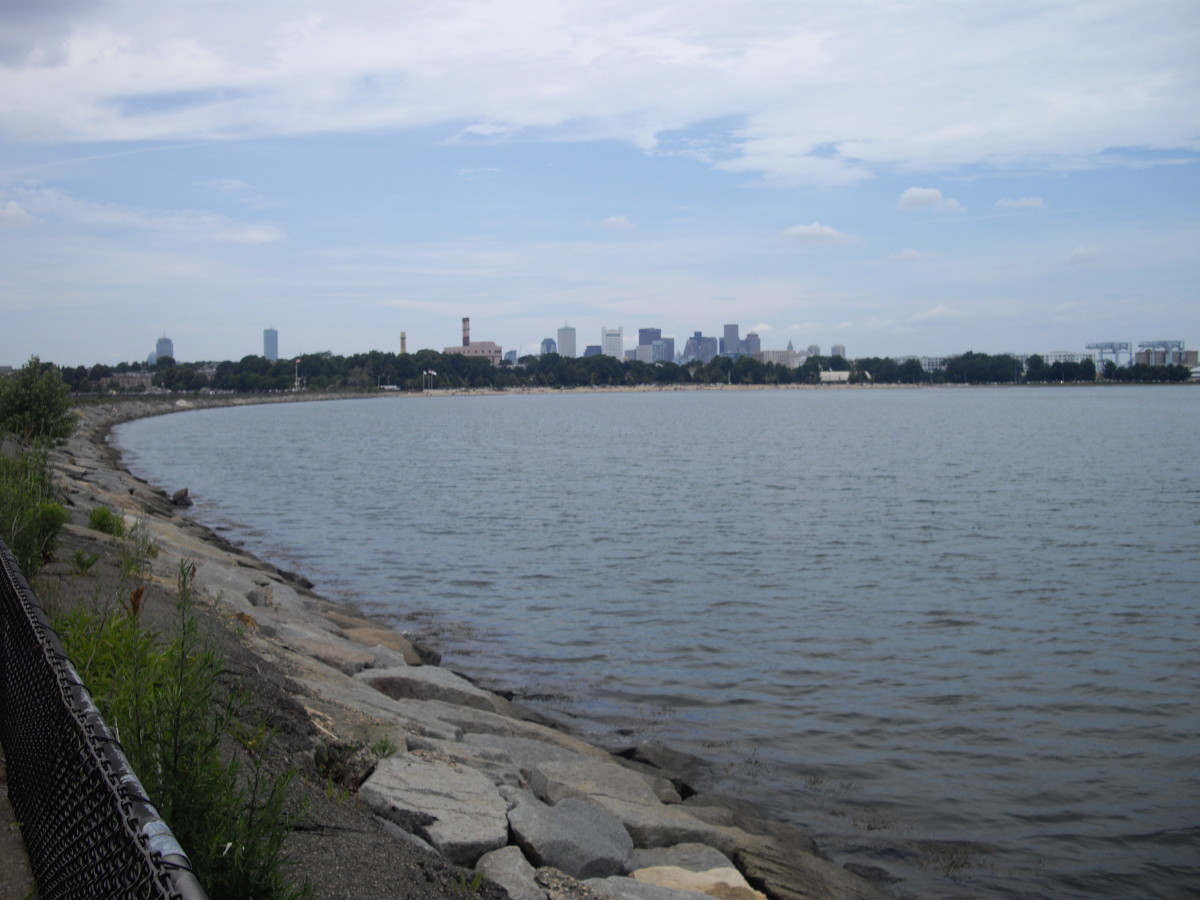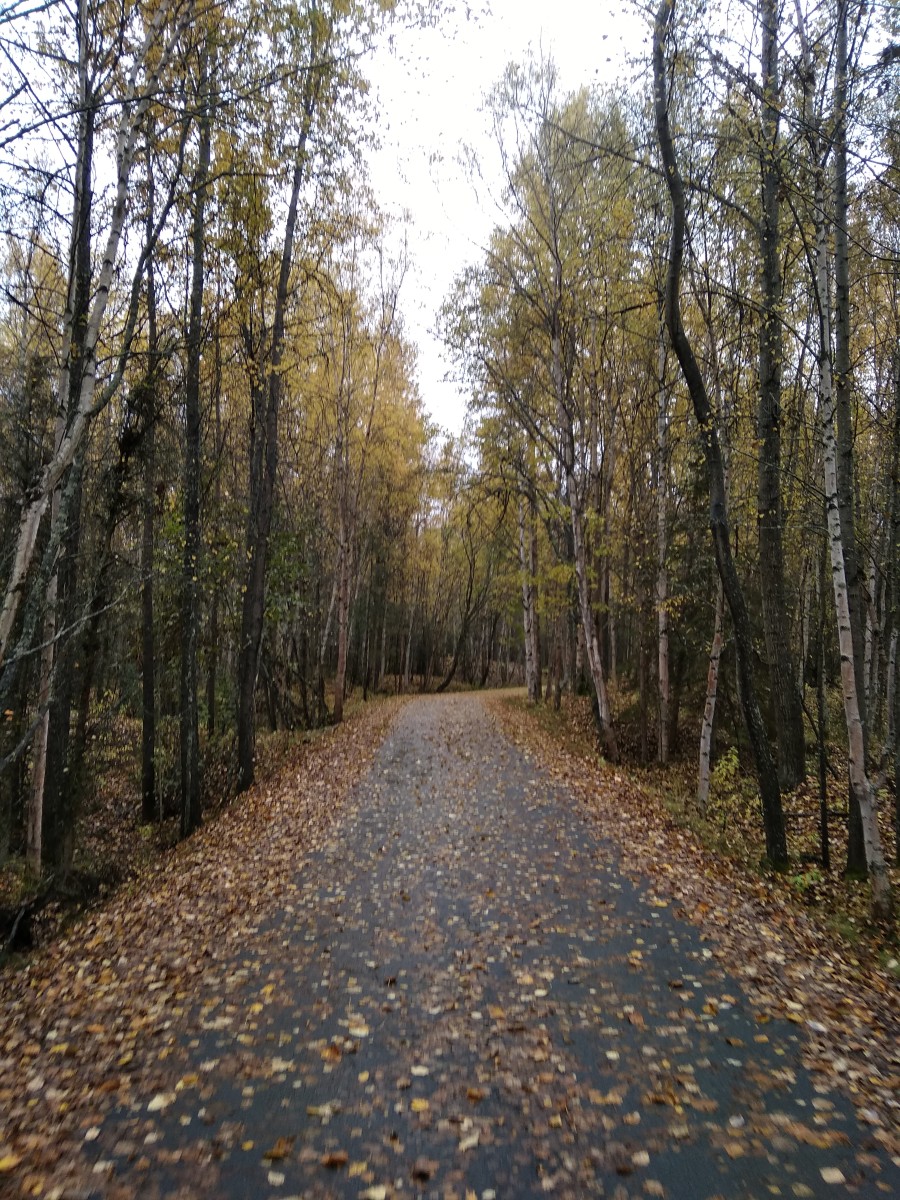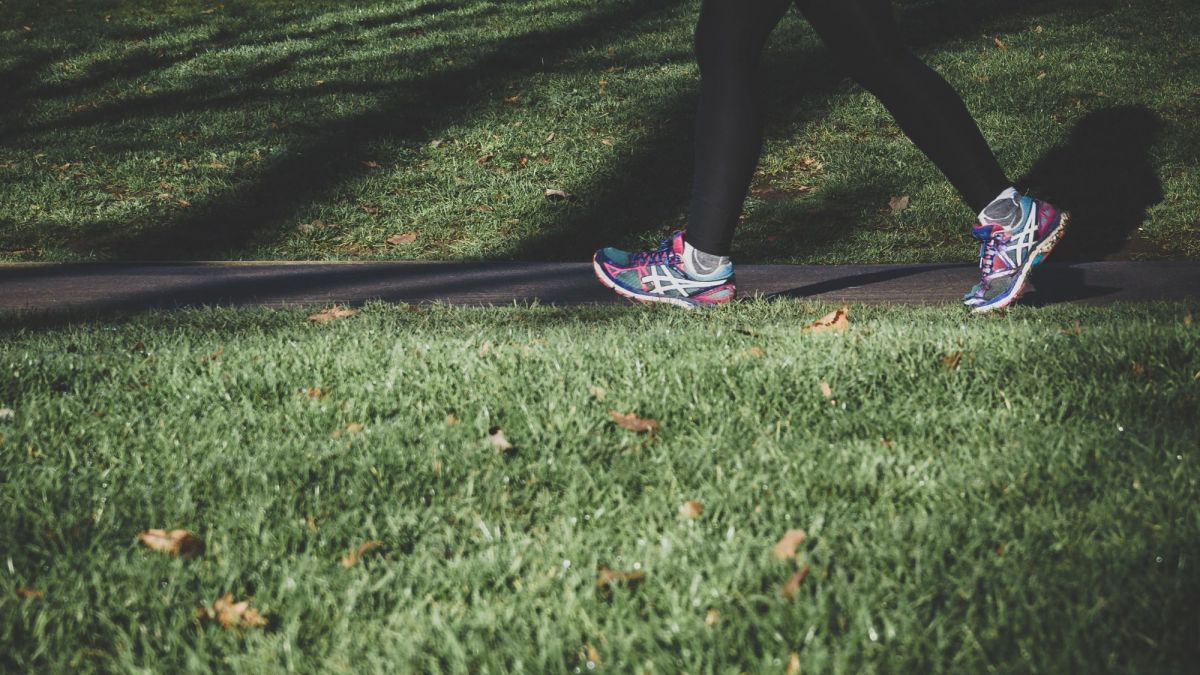Walking—How to Get Fit Fast and Stay that Way!
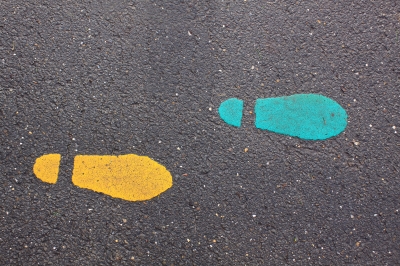
Wake Yourself Up with a Walk!
Feeling Lazy? Take a walk! Seriously, one of the most efficient ways you can build up your energy levels is by doing just that. It may only be for fifteen minutes, but forcing yourself out into the fresh air for a brisk walk will increase your vitality.
Are you one of those people for whom exercise is a dirty word? If you are, try building up a walking program and you may surprise yourself. Walking can change your life!

Make Sure You Get all the Exercise You Need
Alternate Sitting with Walking for Maximum Health Benefits
Alternating sitting and walking by getting up every 20 minutes to move around and take a short walk helps maintain glucose control and insulin response according to a recent study which simulated an office environment with middle-aged, overweight people.
What is more, according to a study of over 100,000 healthy people who have been tracked since 1992, women who spend more than six hours of their leisure time just sitting have a 37 percent greater chance of dying younger than women who sit for three or less hours per day. For men the percentage is lower at 18 percent. Neither prospect is happy so obviously it is in our hands to make the healthy choice and get up and walk.
A further study carried out on 4,500 middle-aged men in Scotland revealed that four hours a day of sitting in front of a computer or TV screen increased the risk of death by any cause by 50 percent.
The solution seems to be to get moving. I am convinced that walking is the easiest answer and one that can become a part of most people's lifestyle.
Walking is a Form of Exercise
To many people exercise is something done at the gym, at the local sports club or swimming pool; people think of tennis, squash, aerobics, golf or simply a strenuous session at the gym doing a tough workout as exercise. Most people do not associate walking with a form of exercise and a means to raising their fitness levels. Even though everyone walks without thinking about it as a child, it is an activity that seems to go out of fashion as we get older. Walking is exchanged for standing at a bus stop waiting for a bus; teenagers aim at owning their first car and once that ambition is achieved they rarely look back. Of course transport saves time when large distances need to be covered but if you are the kind of person who hops into the car and drives round to the next street to pick up a newspaper I would advise you to think again, you might be shortening your life by resorting to your car or public transport. In other words walking can lengthen your life expectancy.
Counting Calories?
If you are counting calories it is always useful to know how to get rid of a few. A 30 minute walk can tone you and burn off calories. You will hardly notice that you are expanding energy; just build walks of 10 or 15 minute duration into your daily life. A person weighing about 60kg can burn off from 75 to 150 calories during a 30 minute walk. Naturally it depends on how fast you walk, but at that rate even a casual stroll is useful.
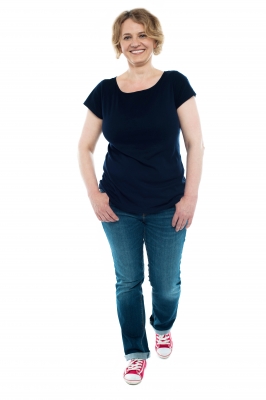
Start Walking
So now are you interested? In that case give it a go.
First of all I would like to offer a little advice—start small, or perhaps I should say start short. If you haven't done a lot of walking recently and especially if your fitness level isn't that high do not try to go too far, too fast, too soon—if you know what I mean.
Begin your walk gently, be kind to yourself and start walking slowly. Gradually you will find yourself getting into a rhythm and finding your own pace. Perhaps later you will find a walking partner but it is a good idea to start off alone. It is also quite a good idea to walk a bus route you usually follow, on your way to the shops or to work. That way you can time it so that you do so much on foot and so much on public transport.
You might be a little concerned that you can not walk too far on your first trip. In that case start walking around the block once or twice a day. Turn it into your track until you have built up your vitality and your confidence. A friend of mine, recuperating after an illness that left her feeling weak-limbed started by walking on the spot with one hand on the back of a chair, graduated to a treadmill and now walks to and from the office on a regular basis.
How Far to Walk
Even without taking up walking as a short cut to a better fitness level most people walk between 3,000 to 4,000 steps a day. It is advised that 10,000 steps a day is the number to aim at. Walking is not an expensive hobby by any means and most people already have a pair of trainers or some other comfortable shoes in their wardrobes. However, a uselful little item to get hold of if you really are getting serious about your daily constitutional is a pedometer. This will help you count the number of steps you have taken and possibly encourage you to take a few more.
According to the National Health Service (UK) there is a healthy minimum of exercise for different age ranges. Young people, between the ages of 5 to 18 years are recommended 60 minutes of exercise each day while the 19 to 64 year-olds are recommended 150 minutes every week.
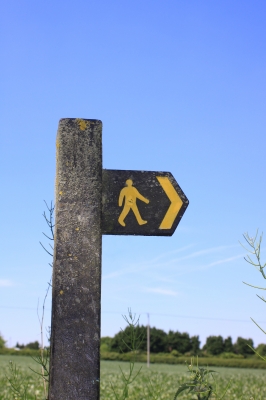
Where to Walk
Once you decide to start walking you will find that you can walk practically anywhere, whether you live in a city or in a more rural area. I have always loved walking in the countryside or as a simple way of getting from A to B without having to wait for a bus. However, I actually got a treadmill to use when working at home on my computer one winter. I was chilled to the bone so I asked my family to get it for me as a Christmas present-officially it's mine but we all use it!
Wherever you decide to walk the best way to start is by trying to fit your new form of exercise into your daily routine. Let me make a few suggestions.
- Leave the car behind and walk to work. If that's too far at first drive part way, then park the car and walk the rest. If you usually go by bus to work, walk a stop further every day going and do the same on your way home.
- Instead of nipping to the shops in the car, walk it. You will find you meet lots of friendly people on the way. Pick up what you need in a backpack and if you can't carry everything don't worry about it—you can go back later for more.
- If you are stuck behind a desk get up frequently and take a walk around. If you are usually in front of a computer screen this is a must to adjust your eyes to different distances.
- If you can walk your journey in twenty minutes leave the car behind—that way you save fuel, save parking and improve your health.
- Don't make a car-run to school—walk there instead.
- Get a close friend or neighbour to take a walk with you at a specified time each week.
- Encourage the rest of your family to get up and take a walk with you in the evening or after Sunday lunch.
Benefits of Walking
Walking is so beneficial in so many ways that it is difficult to set them all down. Here are just a few:
- strengthens bones, conditions your heart and lungs;
- burns body fat and raises your metabolism so that you continue to burn fat even when resting;
- helps control your appetite;
- relieves stress;
- lowers blood pressure;
- elevates mood;
- relieves backache;
- promotes creativity and problem-solving;
- promotes healthier skin through increased circulation.
What to Wear
If you are the kind of person who likes to dress for sport there is a lot of specialist gear that you can buy to make sure you look sporting, fashionable and fit. However, most of the gear is not necessary when just starting off, especially if you are trying to make walking part of your daily life.
You need comfortable footwear and luckily trainers are acceptable in lots of workplaces now, in fact lots of sports' shoes are now disguised so that they are barely recognisable as such! Whether you go for trainers or not make sure you choose shoes with proper arch support, preferably with cushioning and flexible soles to absorb shock. If you are walking any distance try to wear layers of loosefitting clothing so that you can fasten or unfasten them to adjust your body temperature. Avoid rubberised fabrics which will not allow perspiration to evaporate and do remember to carry a small bottle of water even when you are walking very small distances
Best Foot Forward!
So I hope you will have a go, if you do I'm sure you'll reap the benefits, and if you become really keen perhaps you'll head back here and let me know.


